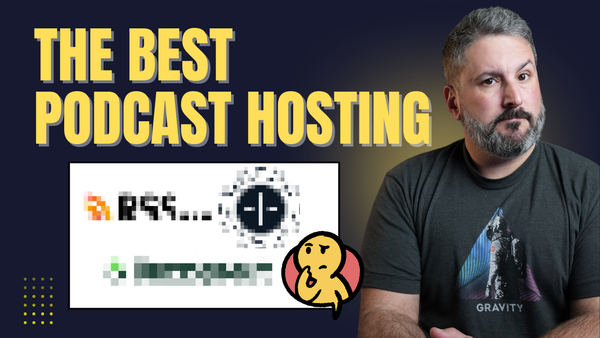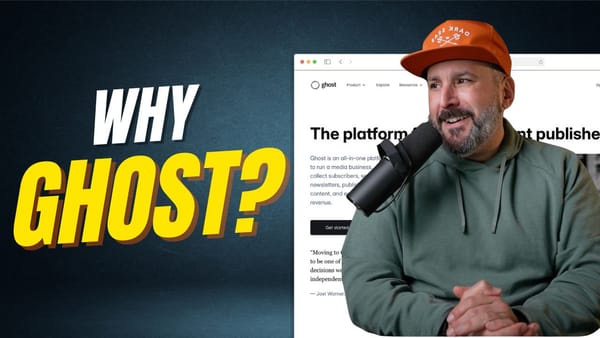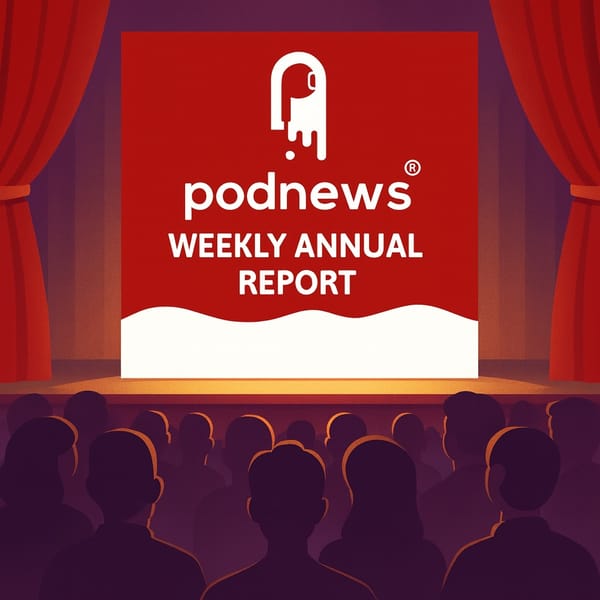MikeHero DSP: A Tiny Device That Changed My Podcast Forever
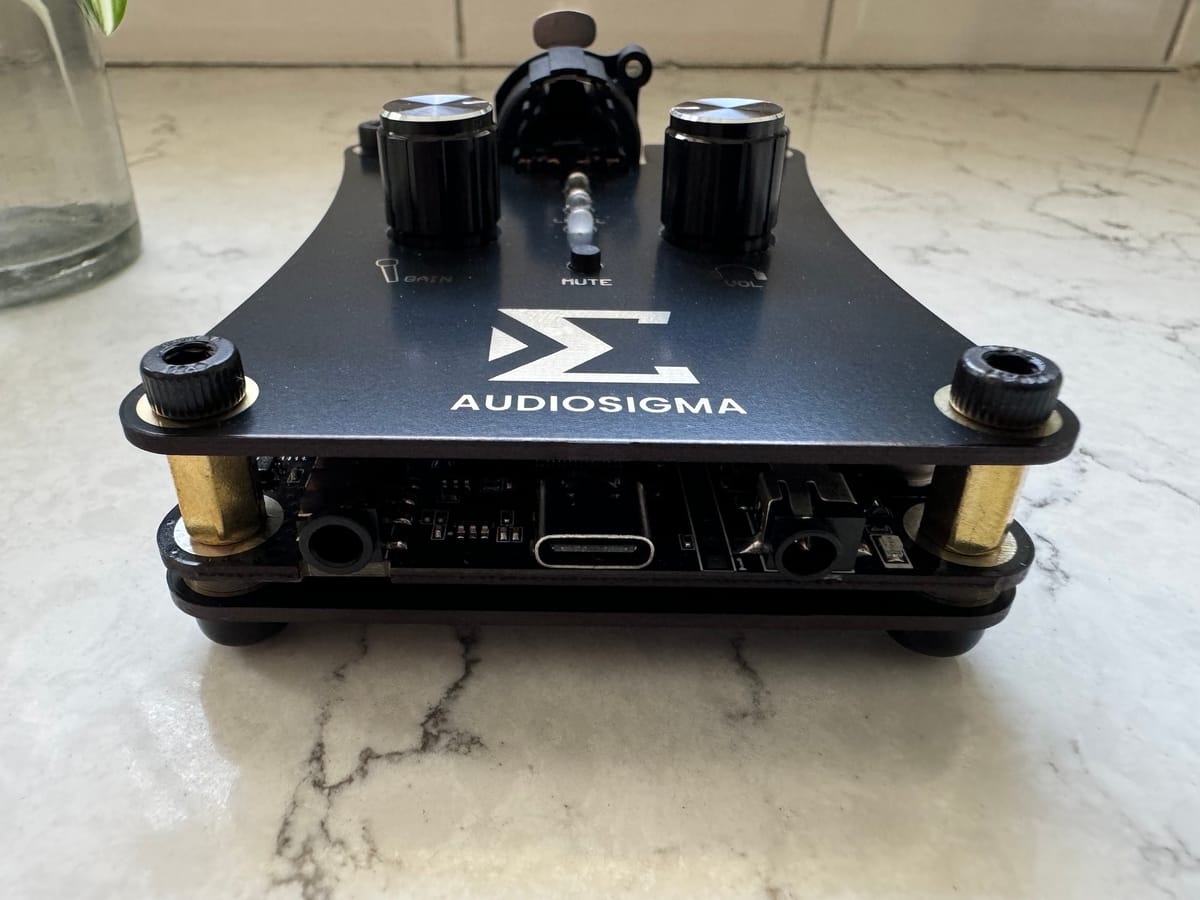
The Audiosigma MikeHero DSP is the best piece of podcast equipment I've purchased since my desktop mounted boom arm.
No other device has operated with such simplicity and elegance — leaving as big of an impact on my podcasting production as these two PCB boards bolted together. While I feel compelled to remind you that few things in life are perfect, and surely the MikeHero DSP could benefit from additional bells and whistles, its simplicity is exactly what makes this device so great.
It's not the small portable form factor with a single USB-C for connection or the clean yet powerful gain of the XLR connection, the MikeHero DSP shines by getting out of the way. Plug it in, tap a few buttons based on your recording environment, and it gets out of your way.
I spent $700 on a Rodecaster PRO II that is now a paperweight, if paperweights were the dimensions of a shoebox.
Aside from one of the soundboard pads being dead on arrival, I was never quite happy with the Rode unit. Sure, it sounded better than my previous PreSonus Audio Interface with the range of mics I would use — SM7B, Heil PR-40, and Samson Q2U — but it was never a "wow!" experience.
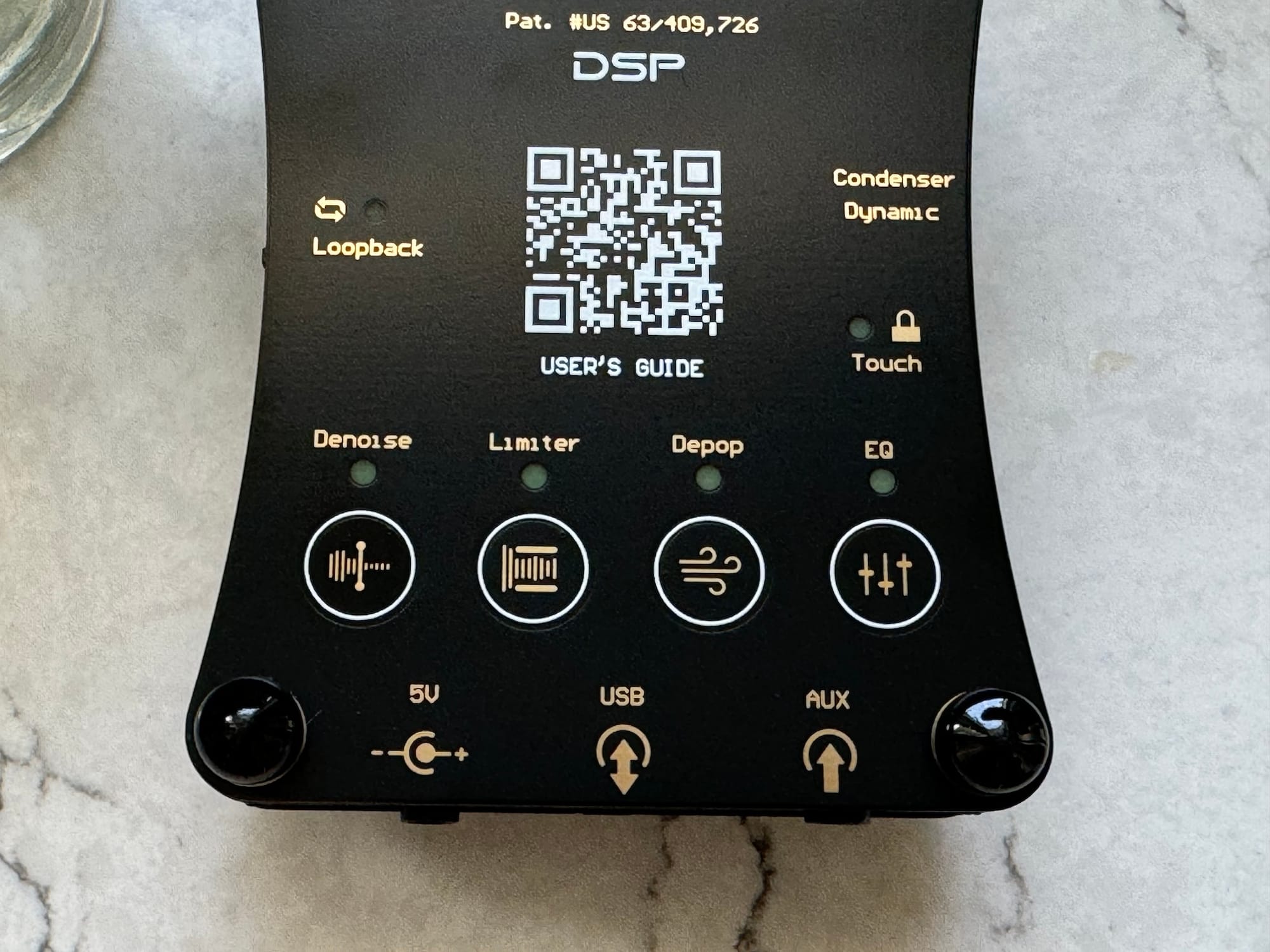
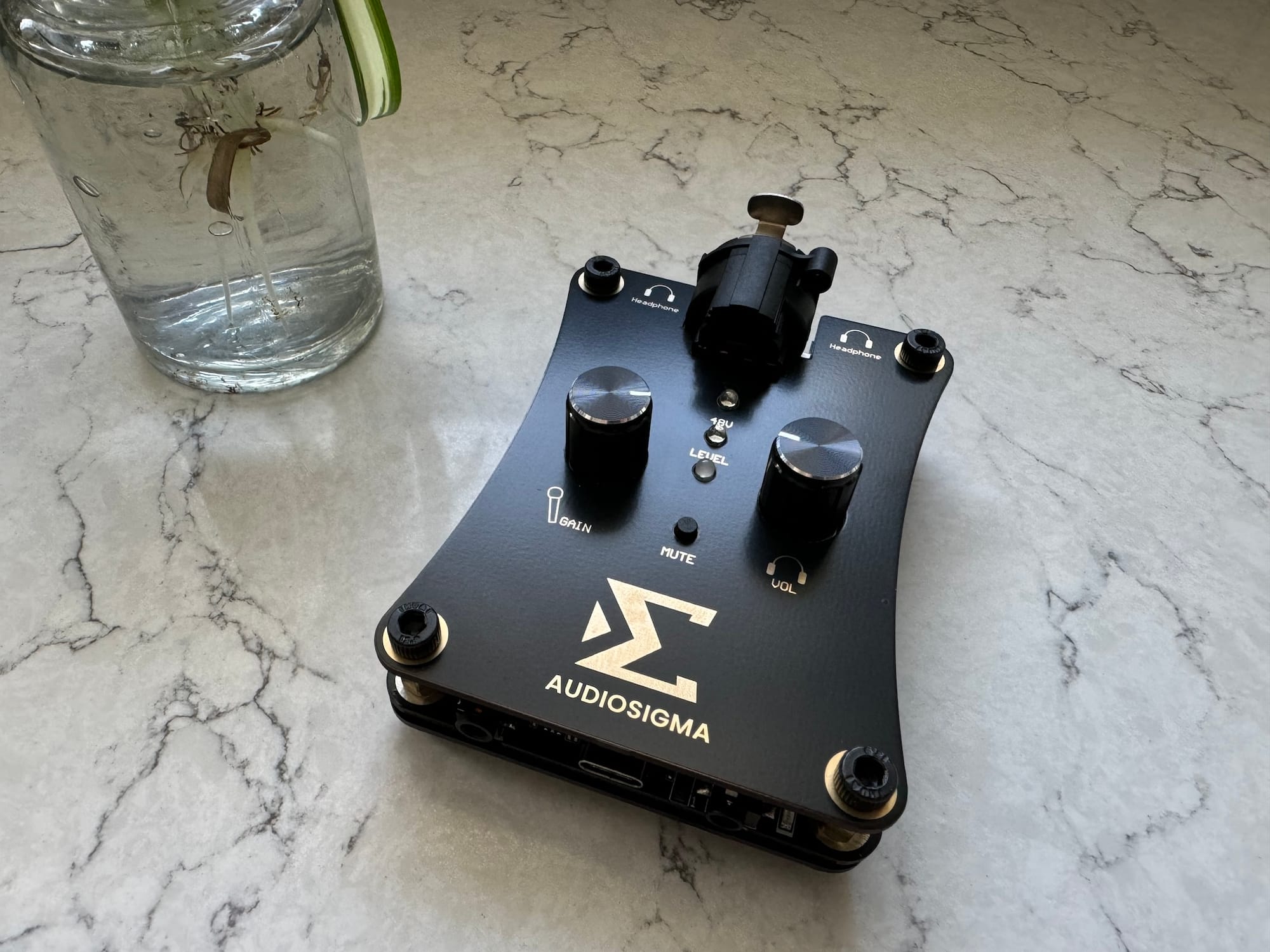
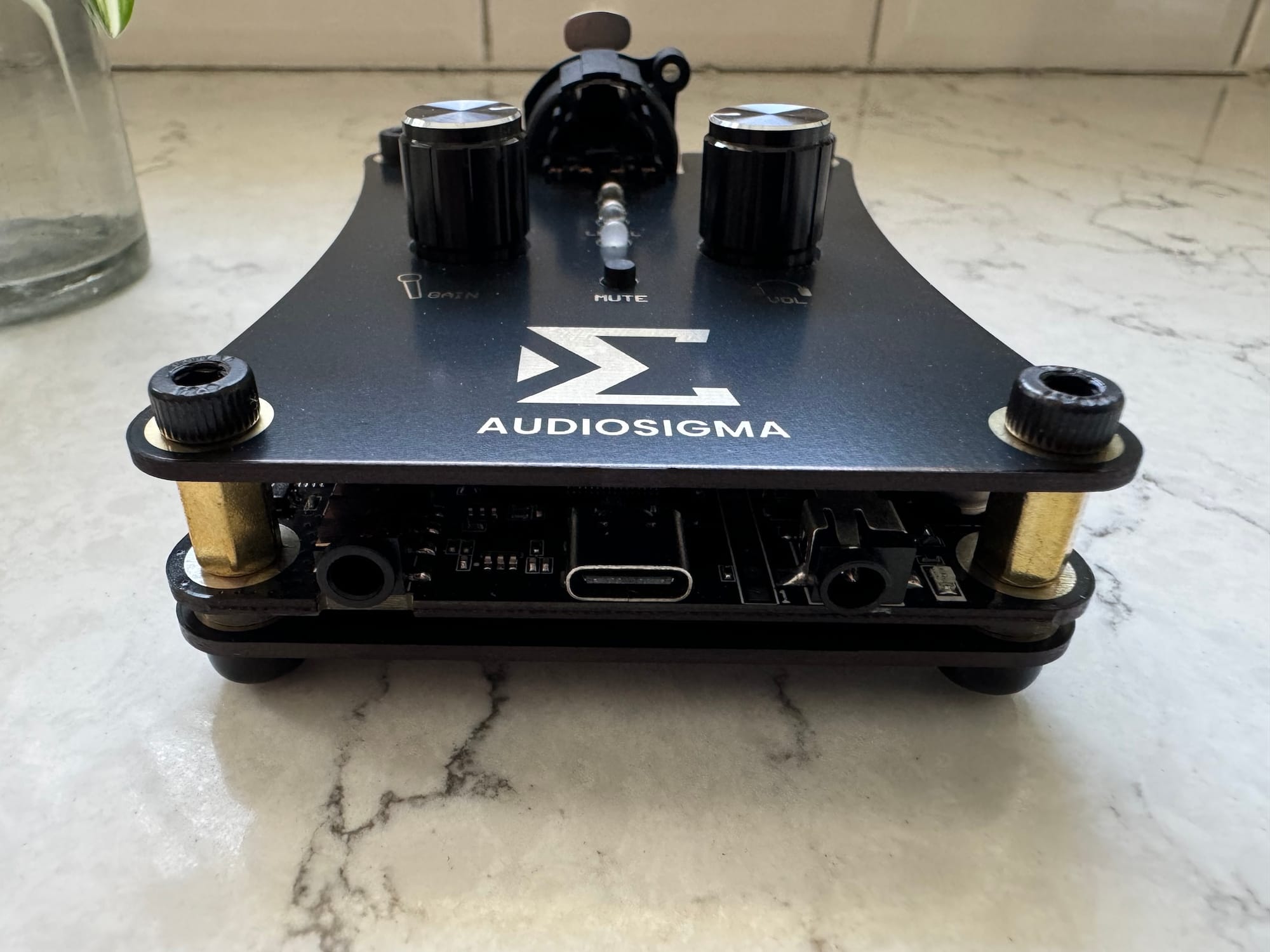
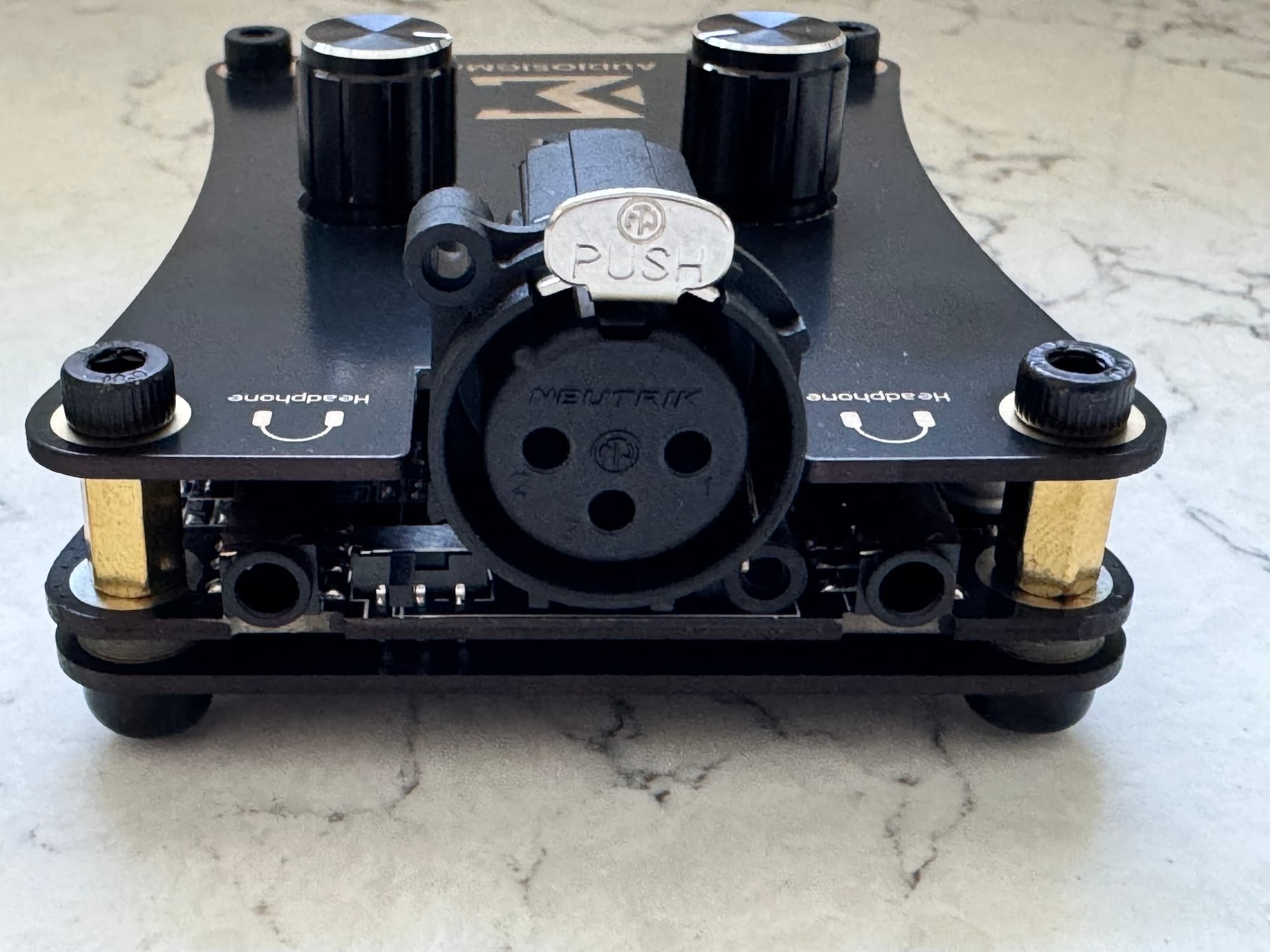
I'd invest so much time constantly fiddling with it. Changing profiles, adjusting the "big bottom", attempting to dial in my noise gate. Is there new firmware? How can I use the pads to change my multi-cam setup? Wow this thing feels like it's overheating!
None of that baggage exists on the Audiosigma MikeHero DSP. At less than half the price for a solo podcaster, if $289 is within your budget, I wouldn't hesitate to pick it up for your podcast.
I should probably tell you what kind of podcaster I am, if it’s not obvious already: The non-audio engineer type.
I use Descript to edit my shows because I’m busy.
My recordings often change environments: Home office, real office, on the go at events, and occasionally from the couch because I have 3 young boys where summer/school schedules can get crazy.
It means I’m not laboring over the sound design, or running plugins in my audio editing app. I want something to sound good enough at the source without adding more to my podcasting editing workflow. It’s the sweet spot this device hits.
I wanted to make a big pros and cons list, but since I’m not a hardware reviewer or a deeply technical audio engineer, I’ll try and wrap things up here:
The good
- It’s size is super portable especially for onsite recordings
- Doesn’t get in the way of your desk like a Rodecaster PRO does
- Makes a good mic sound great
- Has one USB-C connection for power and connection
- Connects to phones and computers without extra software
- Has 4 primary audio “settings” including Denoise, Limiter, Depop, EQ
- Has a mute button
- Can plugin headphones
- Easily toggle loopback (PC audio)
- Easily toggle dynamic vs condenser mics
The bad
- The size might be too small. In some instances the weight of the XLR cable alone can pull it off your desk
- It doesn’t seem like a device you can bang around or just toss in the bag. The components are largely exposed to the environment, so you do have to handle with care
- The little toggle switches also seem brittle, again, handle with care
- The price of $289 could be high for beginners with one microphone
- There’s no software to control settings on your computer — like saving profiles.
Conclusion
The MikeHero DSP is a device I will recommend to anyone starting a podcast.
I will recommend it alongside a $75-$99 XLR mic versus spending $399 on a SM7B or some other overhyped mic. If you want to improve the quality of audio recording, in suboptimal recording environments with a dead-simple device interface — this is the one for you!
I might need to invest in the PodMobile next!

